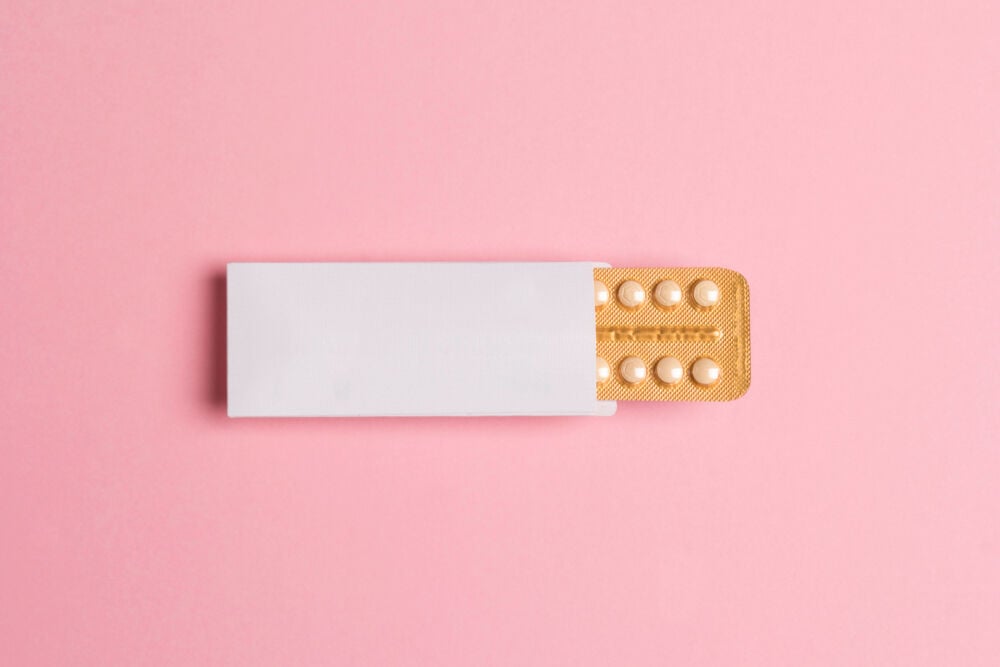If you’ve had sex recently and doubt whether it was safe, you can use emergency contraception in the first 3–5 days, whatever the reason. Emergency contraception comes in two types: pills and intrauterine devices (IUDs). They work differently so let’s see what each of them does to understand their short-term and long-term side effects.
-
Tracking cycle
-
Getting pregnant
-
Pregnancy
-
Help Center
-
Flo for Partners
-
Anonymous Mode
-
Flo app reviews
-
Flo Premium New
-
Secret Chats New
-
Symptom Checker New
-
Your cycle
-
Health 360°
-
Getting pregnant
-
Pregnancy
-
Being a mom
-
LGBTQ+
-
Quizzes
-
Ovulation calculator
-
hCG calculator
-
Pregnancy test calculator
-
Menstrual cycle calculator
-
Period calculator
-
Implantation calculator
-
Pregnancy weeks to months calculator
-
Pregnancy due date calculator
-
IVF and FET due date calculator
-
Due date calculator by ultrasound
-
Medical Affairs
-
Science & Research
-
Pass It On Project New
-
Privacy Portal
-
Press Center
-
Flo Accuracy
-
Careers
-
Contact Us
Is the Morning After Pill Safe for Your Health? And What About the IUD?


Every piece of content at Flo Health adheres to the highest editorial standards for language, style, and medical accuracy. To learn what we do to deliver the best health and lifestyle insights to you, check out our content review principles.
Morning after pills
Emergency contraception pills, aka morning-after pills, work by preventing or delaying ovulation. The sperm waits in vain for 5 days and cannot fertilize the egg. If your ovulation started and conception occurred before you’ve taken the pill, it won’t work.
There are 2 types of emergency contraception pills:
– Ulipristal acetate. It is effective up to 120 hours (5 days) after unprotected intercourse.
– Levonorgestrel. It is effective up to 72 hours (3 days) after unprotected intercourse.
For both pills, it is important that you take them as soon as possible.
Pills containing ulipristal acetate are generally the most effective. However, if you need emergency contraception because you forgot to take your “normal” pill, it seems that levonorgestrel may be more effective, especially if taken within 3 days after the forgotten pills and intercourse. The action of ulipristal may be weakened by regular contraceptive pills you took earlier.
Can the morning after pill delay your period?
The morning after pill can delay your next period. You should not have unprotected sex until the next menstruation (use a condom or don’t have sex at all until your next period comes).
Morning after pill: side effects

Both types of pills for emergency contraception are safe and do not pose any major risk to your health and your fertility.
But a morning after pill can have some short-term side effects. After taking the pill, you may experience nausea, vomiting, spotting, or fatigue. These symptoms are caused by hormonal change and will normally resolve soon on their own.
If you vomit within two hours after taking the pill, it may not work. In this case, you can take anti-nausea medication and then take another dose of emergency pills (the same or different). Combined pills cause nausea and vomiting more often than those containing only one active ingredient do.
Women shouldn’t use emergency pills repeatedly for regular contraception. This can make them less effective. What's more, morning after pill long-term side effects may include menstrual irregularities. If you’d like to start using birth control pills, ask your doctor which ones would fit you best.
IUD as emergency contraception
A copper IUD can be used for emergency contraception. It is a small device that fits inside the uterus. The IUD causes a chemical change in the environment making it impossible for the sperm to reach and fertilize the egg. It cannot interrupt an established pregnancy.
A copper IUD as emergency contraception is effective up to 5 days after unprotected intercourse and is the most effective emergency contraception method (99%). It works even during ovulation because it affects sperm movement preventing it from reaching the egg. The additional advantage is that you can leave the IUD in the uterus and use it as regular contraception for 5 years and more.
In general, using a copper IUD as emergency contraception is safe for health. As for side effects, an IUD might cause some cramps and increase menstrual bleeding.
To have an IUD put in the uterus, you need to see a medical specialist. Women with certain conditions cannot use an IUD for both regular and emergency contraception. Consult your doctor to check if you can have an IUD placed.
Bottom line
Both morning after pills and IUDs are considered safe and effective methods of emergency contraception. Note that none of them protects from STIs. If there was a risk of getting an STD during unprotected intercourse, it may be reasonable to get tested.
Content created in association with EBCOG, the European Board & College of Obstetrics and Gynaecology.
Take a quiz
Find out what you can do with our Health Assistant


Hey, I'm Anique
I started using Flo app to track my period and ovulation because we wanted to have a baby.


The Flo app helped me learn about my body and spot ovulation signs during our conception journey.


I vividly
remember the day
that we switched
Flo into
Pregnancy Mode — it was
such a special
moment.
Real stories, real results
Learn how the Flo app became an amazing cheerleader for us on our conception journey.




